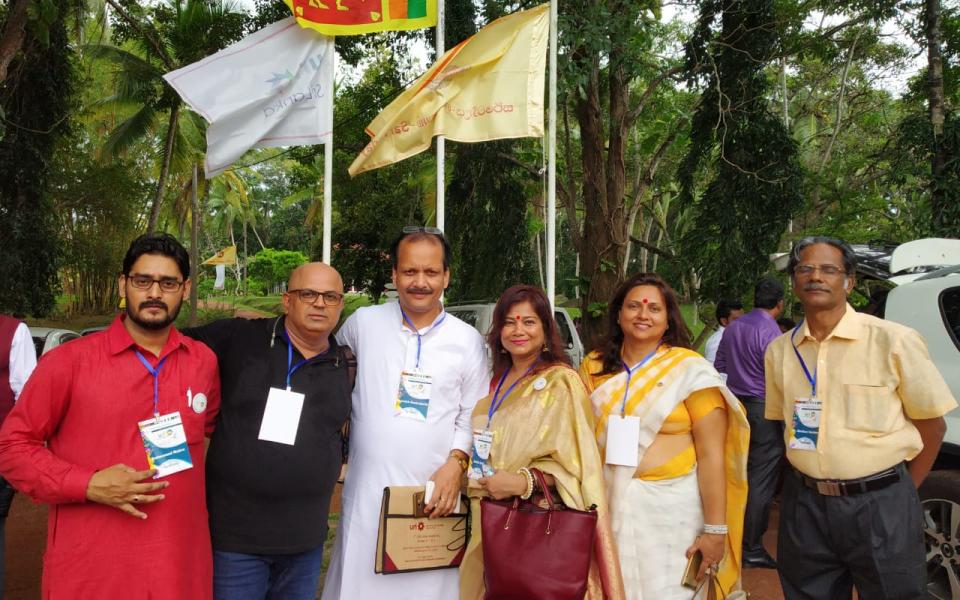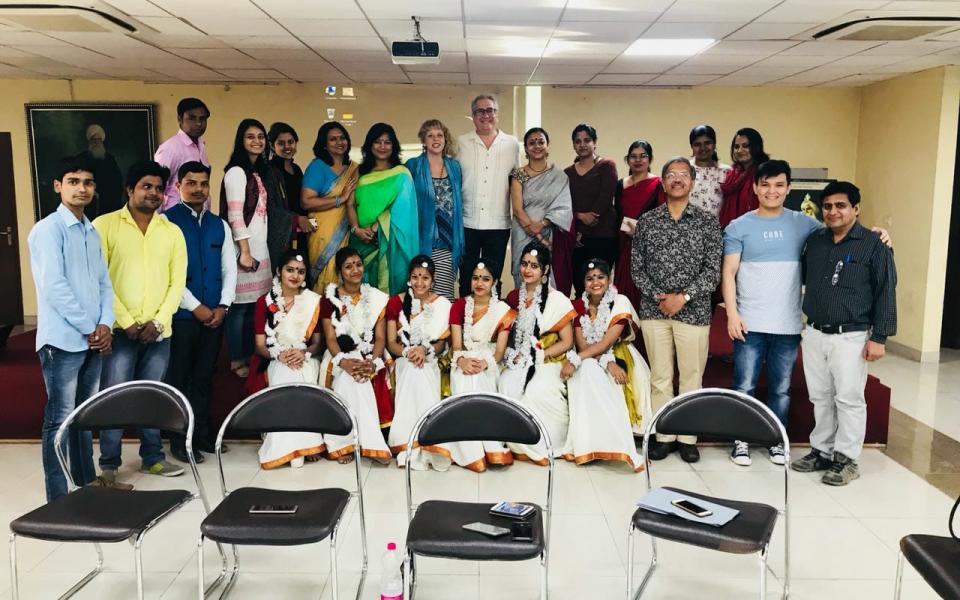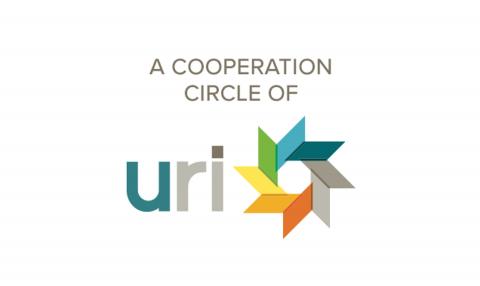
Written by Atharva Mehendale, Community Project Manager, URI - North India & Afghanistan
There’s evidence to show that today’s youth is increasingly interested in making a positive social impact through careers and business models. Broadly speaking, social impact is how organisations and businesses affect the surrounding community. Divya Tyagi Ji, from Tronica City CC has challenged this definition by single-handedly working for the social good over the years. She is one of URI – North India & Afghanistan Zone’s oldest members and has been relentlessly working for social betterment for over two decades. Over the years, she has associated with several organizations by lending a helping hand to underprivileged communities in the national capital. For most parts, she has been associated with Tronica City, which is also a Cooperation Circle of URI. Though she has been working for the society for much longer, Divya Tyagi Ji associated with URI in the year 2006. Being one of URI’s oldest members, Divya Ji has been the glue that has held all members of the regional office together. She has always extended the much-needed logistical support for all of URI’s activities and has been a backbone for the same by providing constructive feedback and criticism whenever necessary.
What drives Divya ji every day is her undying passion to make primary education a reality for every child. She believes that an investment in education is in fact an investment in India’s future. Tronica City has also extensively worked in the sphere of woman empowerment – to find voice & representation for women belonging to all walks of life. Social inclusion has been fundamental to Tronica City CC’s work. Divya Tyagi Ji believes that inclusion is paramount for one’s ‘own’ safety. The politics of exclusion in the society creates a pattern that manifests over time and continues to exist across generations and social classes. To ensure that this does not happen, she works with women and children belonging to every social class and religion – without any bias or discrimination. She brings together women from different faiths in order to work for the common good of the society that they live in.
Divya Ji derives the inspiration to work every day from her family. She recalls how her parents, taking inspiration from Vinoba Bhave’s Bhudan Andolan always sacrificed for the greater good. ‘Doing something for the society’ has been a family value that was imbibed on Divya Ji’s mind as a child. This motivates her to work in spite of several financial issues and social obligations. She fondly expressed her desire of how she wants to be ‘missed’ by everyone she has ever met, rather than being ‘remembered’ for her work. She often shies away from taking any credit for any of her activities. Tronica City CC’s work aligns well with URI’s values. The organization stresses upon the need to actively talk about the social gap created by religion. She says ‘Religion is not something that we should talk about after a situation of communal riot. Rather, we should promote an active dialogue around it.’ She talks about using religion as a tool for community mobilization and development, and not as a cause of conflict.
As she talks about what the future holds for Tronica City, she fondly recalls all the times that she associated with URI in the past; and hopes for a continued association in the years to come. Looking ahead, she wishes to continue working for underprivileged communities in the national capital in whatever small way she can, in order to leave a fond memory of her work and to be ‘missed’ rather than ‘remembered’.



